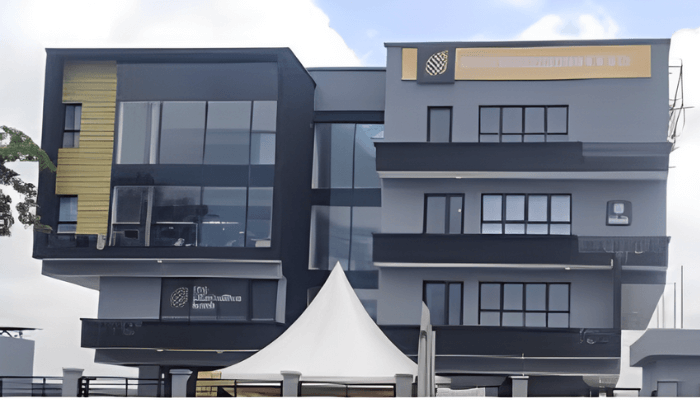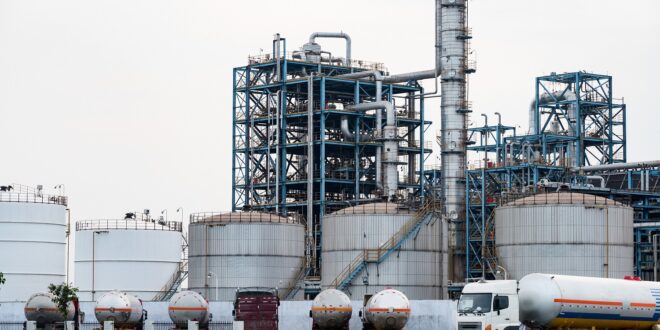Benin City, Nigeria – The management of AIPCC Energy Limited, operators of the Edo Refinery and Petrochemicals Company Limited, has sounded the alarm over a persistent shortage of crude oil, which has severely hampered operations at its 1,000-barrels-per-day refinery in Edo State.
Despite a directive from President Bola Tinubu mandating the Nigerian National Petroleum Company Limited (NNPCL) to supply crude oil to the Dangote Refinery and other modular refineries in the country in naira, the Edo refinery has yet to receive any crude oil, according to a statement released by the refinery’s management on Saturday.
Segun Okeni, a representative of AIPCC Energy Limited, expressed deep frustration over the challenges faced by the refinery, which is located in Ologbo, Ikpoba-Okha Local Government Area. Okeni noted that the facility, which requires a daily supply of 1,000 barrels of crude oil to operate at full capacity, has been unable to secure the necessary resources due to bureaucratic bottlenecks, despite having existing supply agreements with Seplat and ND Western since 2022.
“Even though our refinery is fully operational, we are struggling to function due to a persistent lack of crude oil supply,” Okeni stated. He added that despite numerous communications and meetings with the NNPC over the past three years, including a series of correspondences with Group Chief Executive Officer Mele Kyari, no progress has been made in securing a steady supply of crude.
The refinery management detailed its ongoing efforts to resolve the issue, including a letter sent to the NNPC on July 22, 2024, requesting crude supply, following a high-level meeting in August 2021. In July 2022, NNPC representatives conducted a site inspection at the Edo refinery to confirm its mechanical completion. Subsequent meetings and communications, including a commercial negotiation meeting in September 2022 and further engagements with the Ministry of Petroleum Resources, have yet to yield results.
Okeni highlighted the refinery’s dire situation, stating that despite all efforts, the facility is operating at less than 10 percent of its installed capacity due to the lack of crude. He warned that this situation not only threatens the viability of local investments but also risks discouraging foreign investors from entering the Nigerian market.
“If we, as local investors, cannot secure crude oil even on a small scale, how can we expect to attract foreign investment?” Okeni questioned. He emphasized that the total daily demand of all modular refineries in Nigeria amounts to less than two percent of the country’s daily crude oil production, suggesting that meeting these needs should be manageable.
Okeni also pointed out the potential benefits of improving infrastructure to facilitate truck loading from NNPC pumping stations. He argued that this approach could reduce pipeline losses and make modular refineries more competitive compared to offshore refineries, ultimately benefiting Nigerian consumers by lowering costs.
“The past two years have been frustrating for us,” Okeni said, “and Nigeria is losing millions of dollars due to the inability of NNPC to supply crude to modular refineries. The combined installed capacity of these refineries is less than 30,000 barrels per day, yet they are being starved of the resources they need to operate.”
As the refinery continues to struggle, Okeni called for immediate action from the NNPC and other stakeholders to ensure that the necessary infrastructure is put in place to support the delivery of crude oil to modular refineries across the country.










